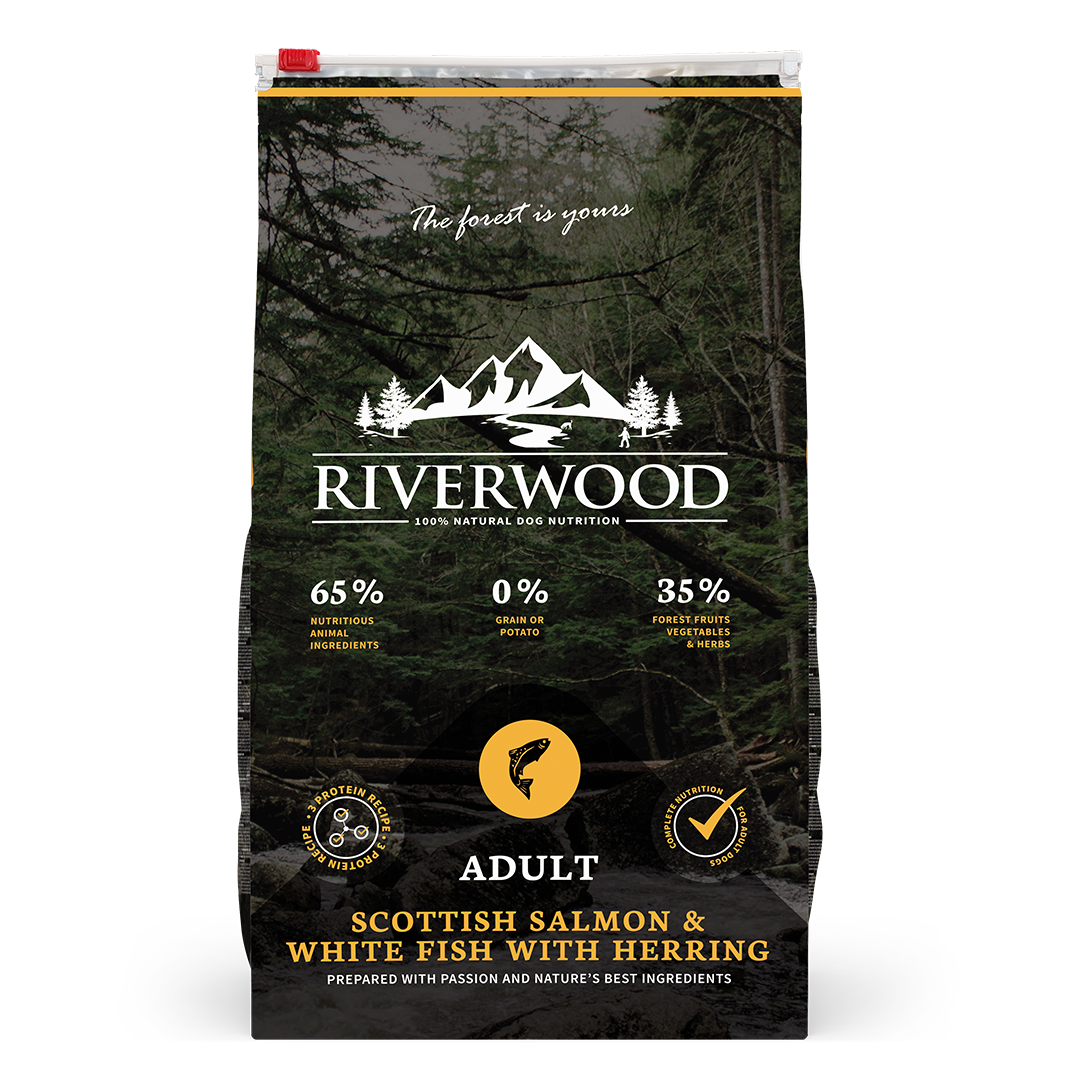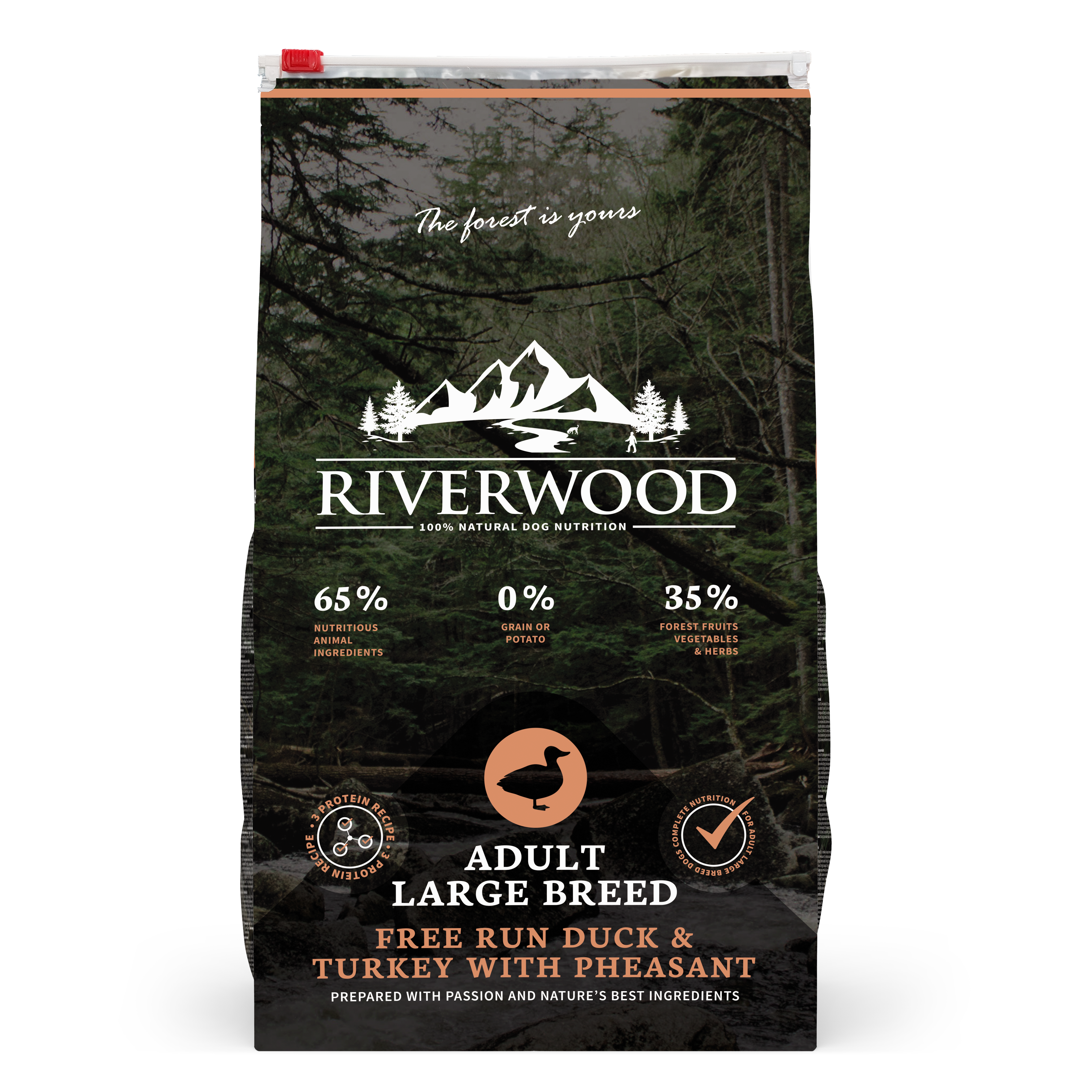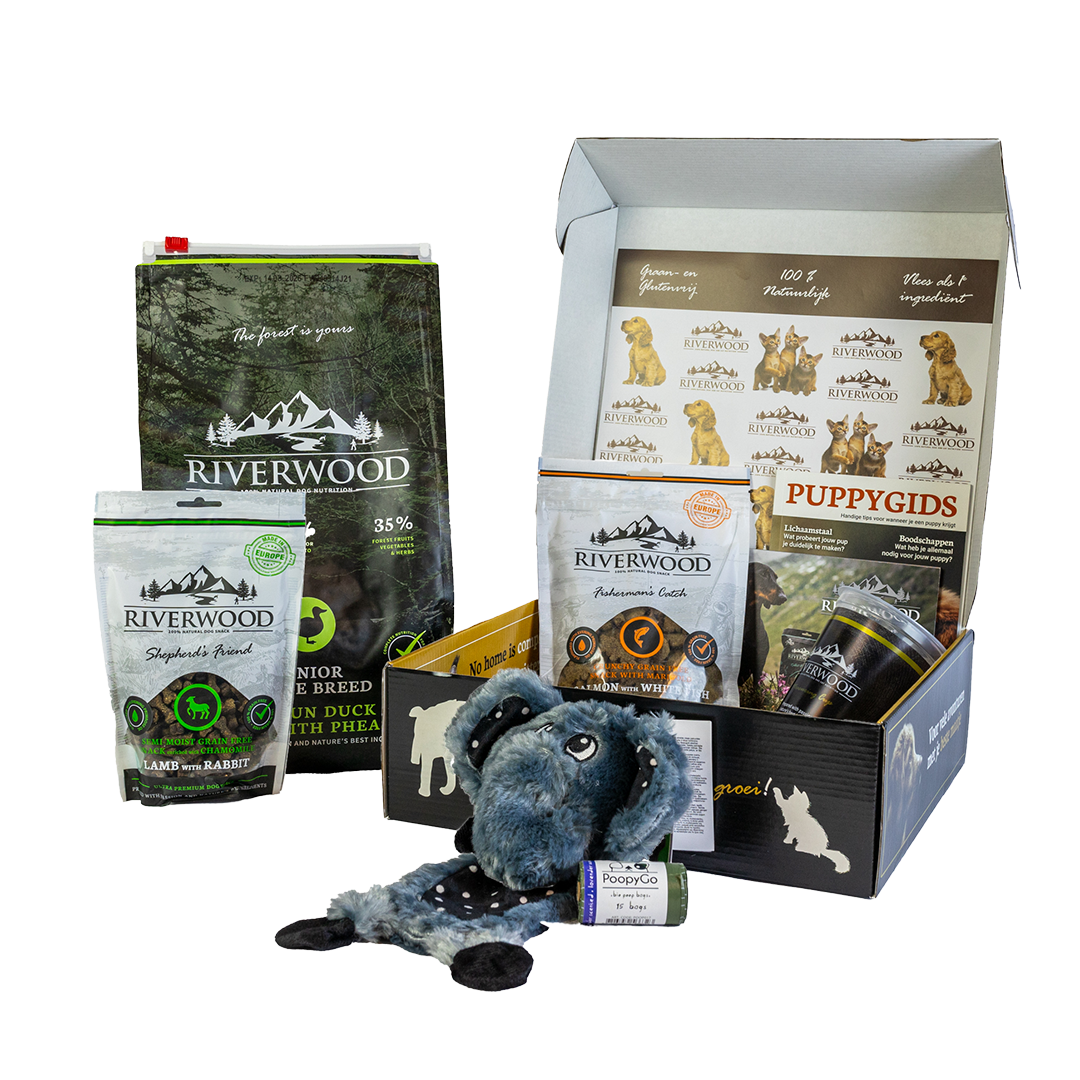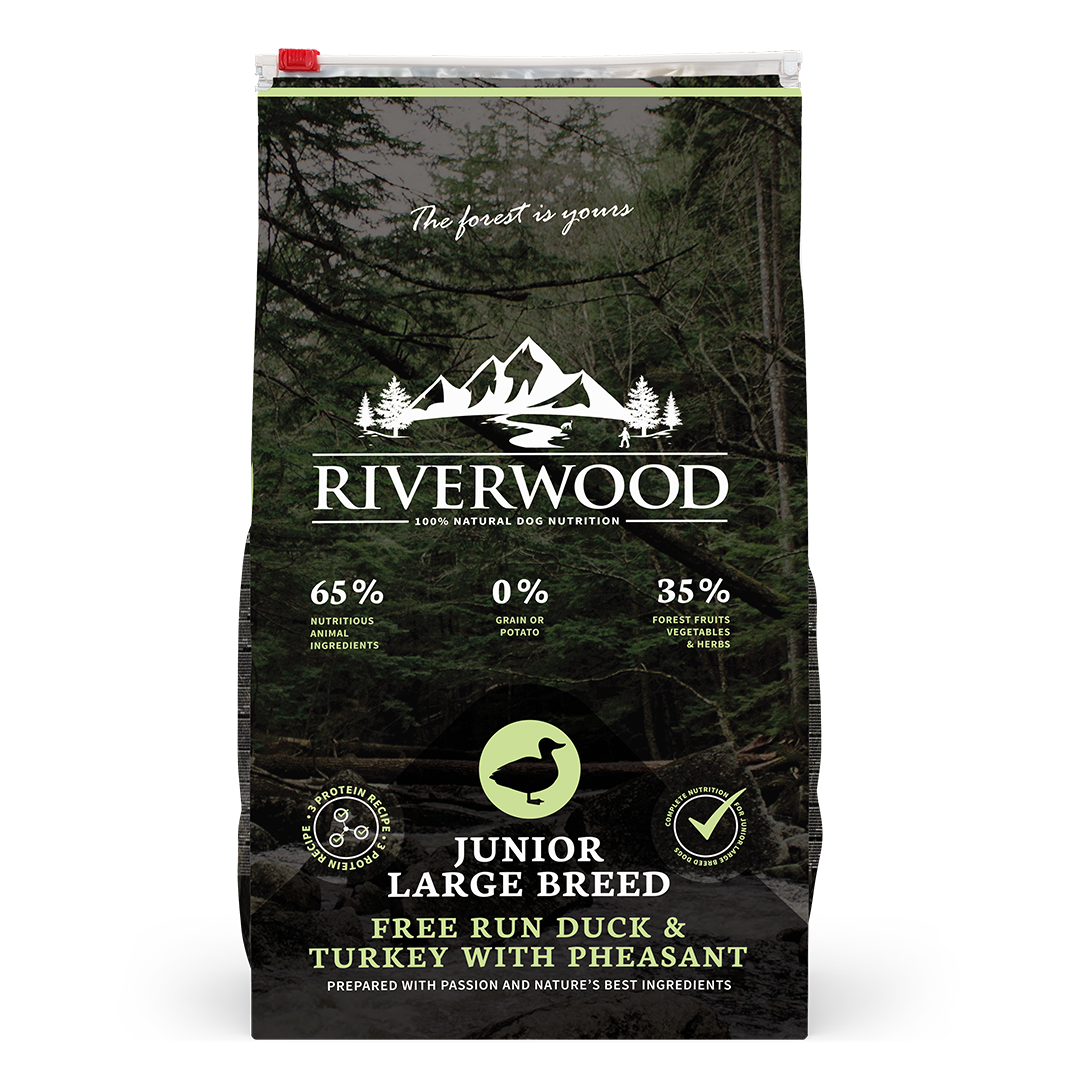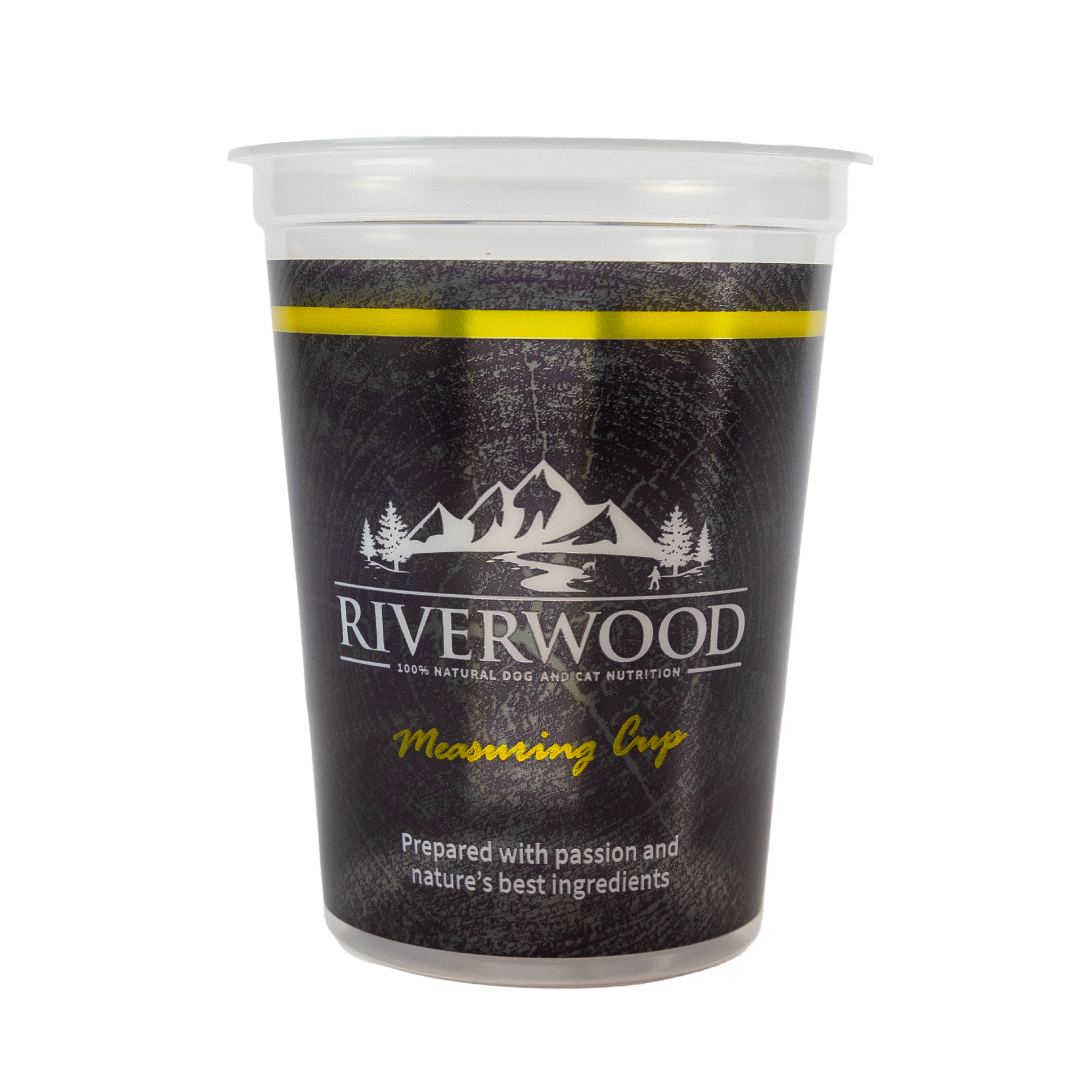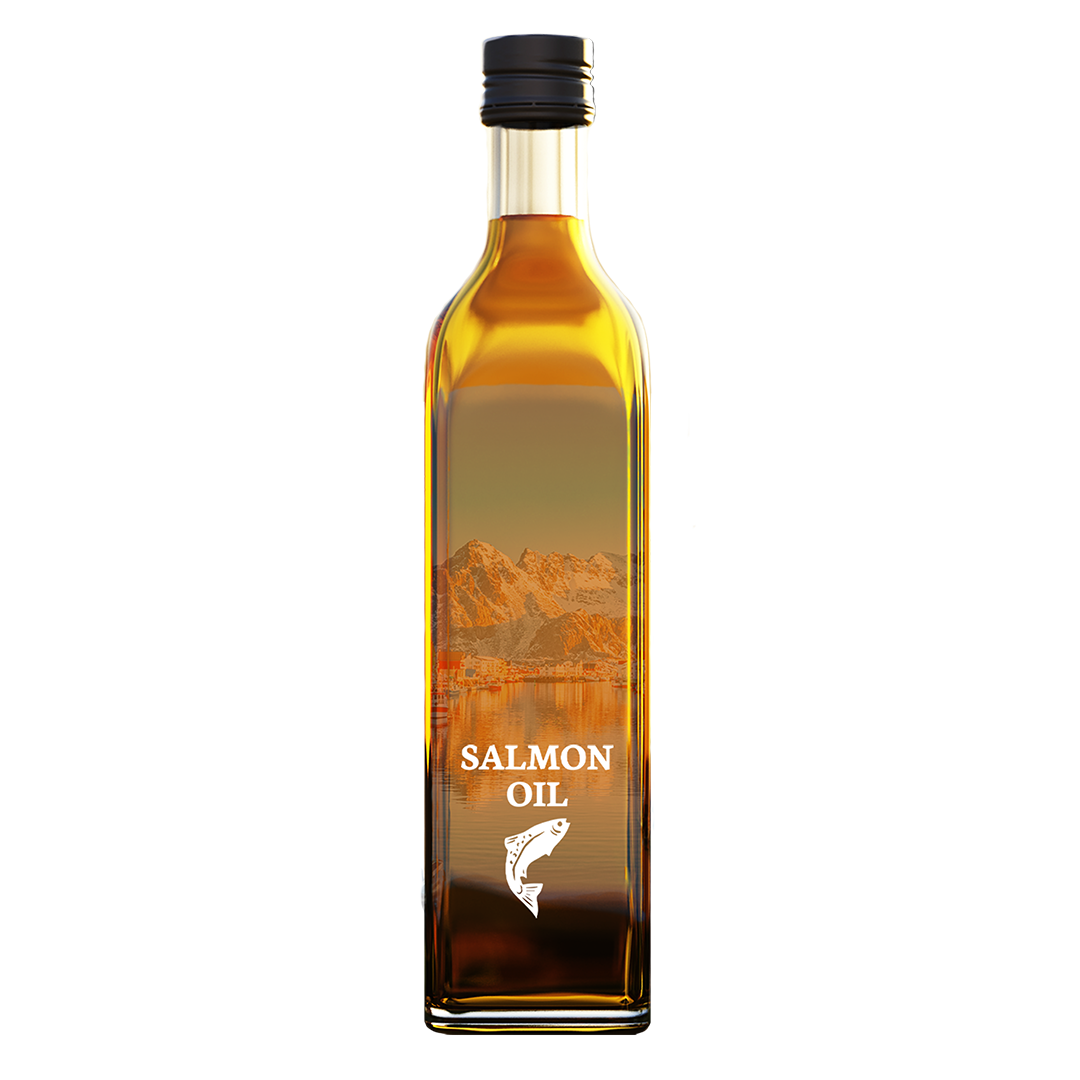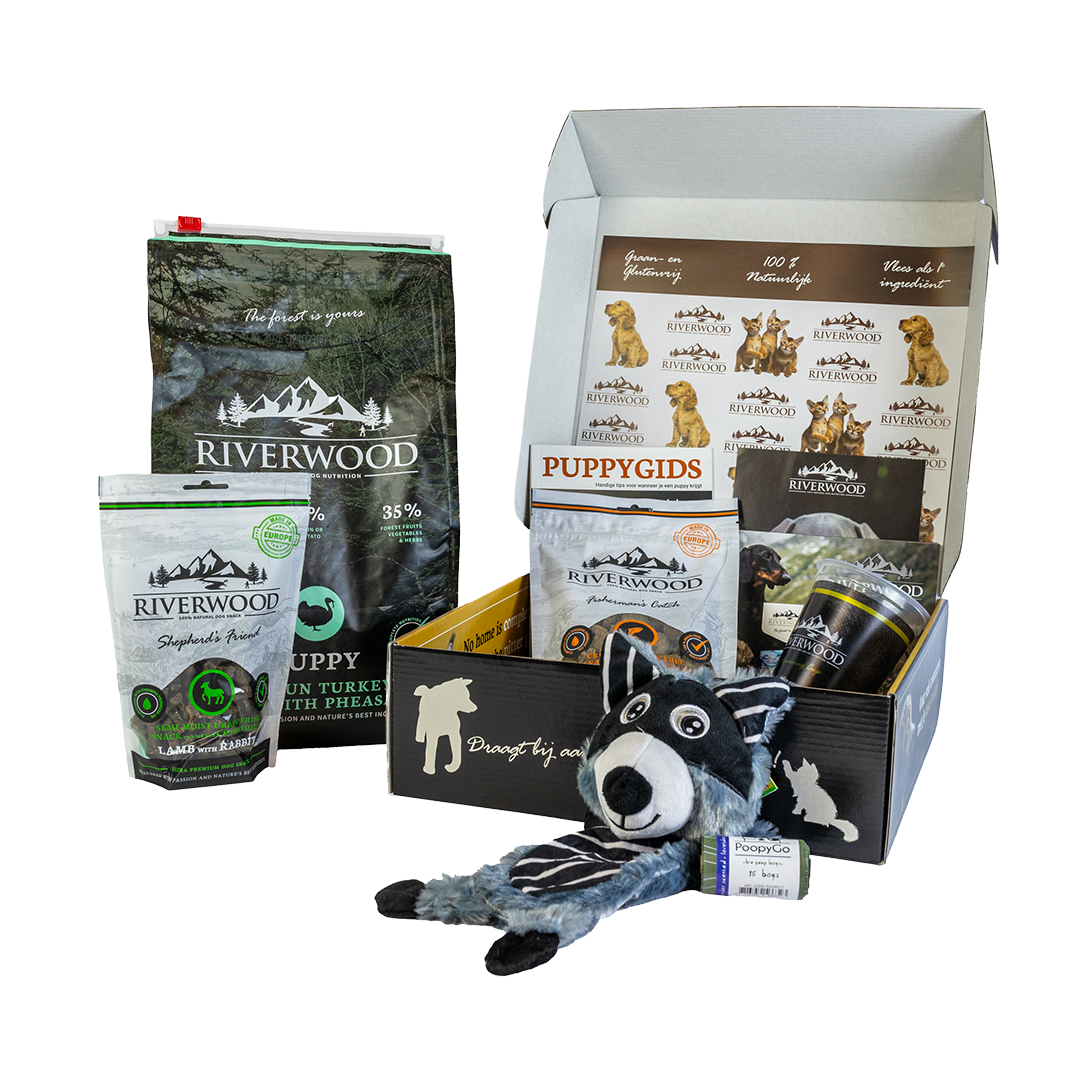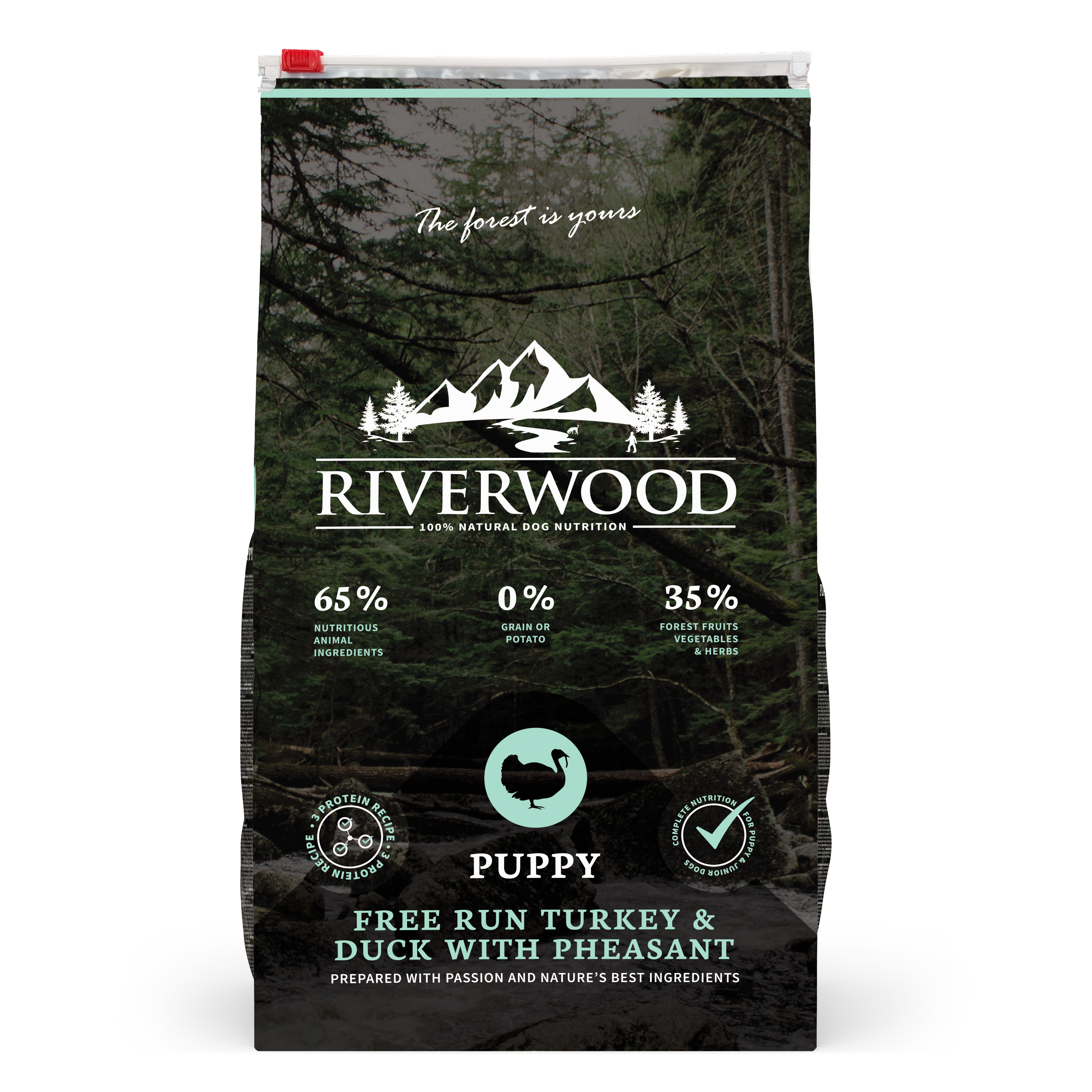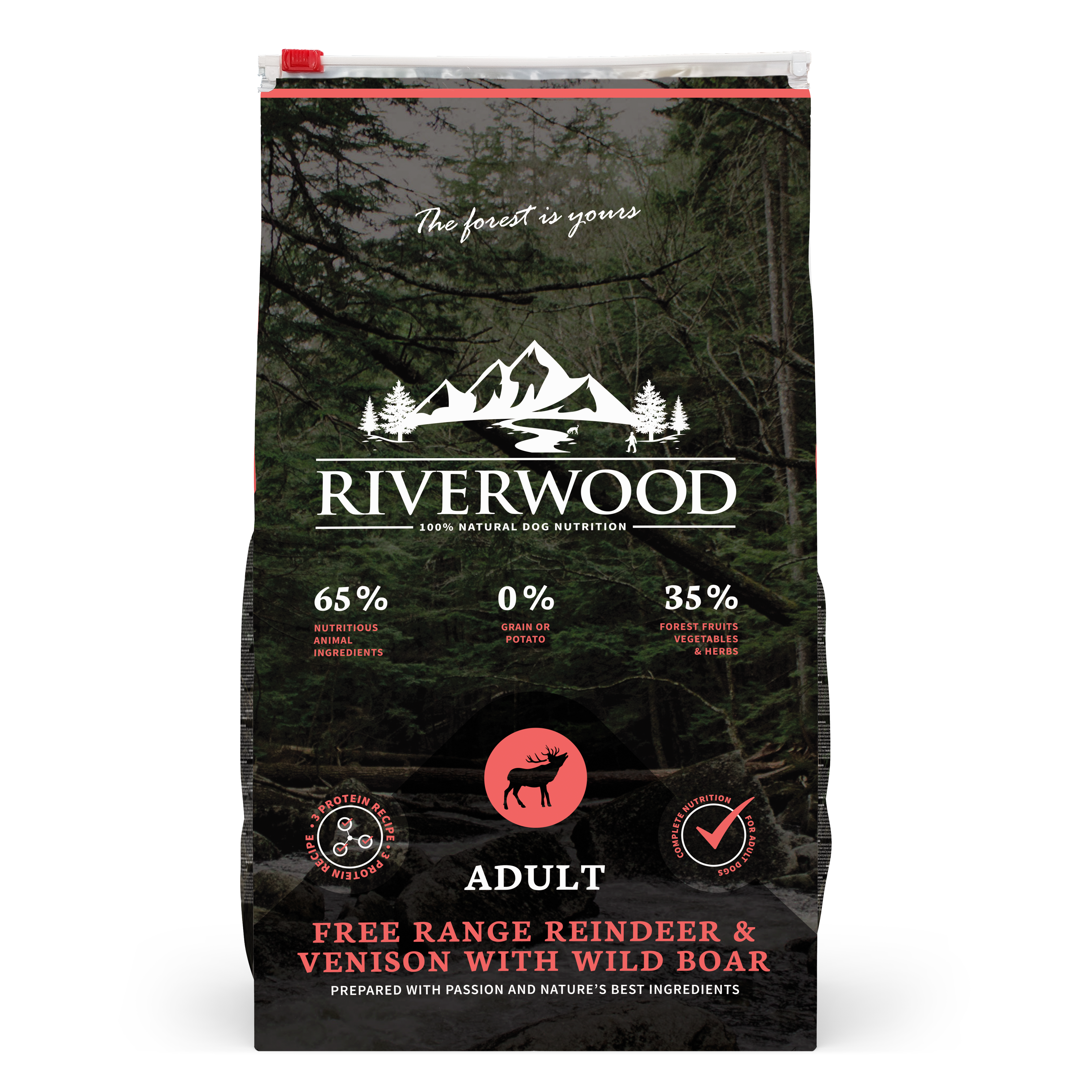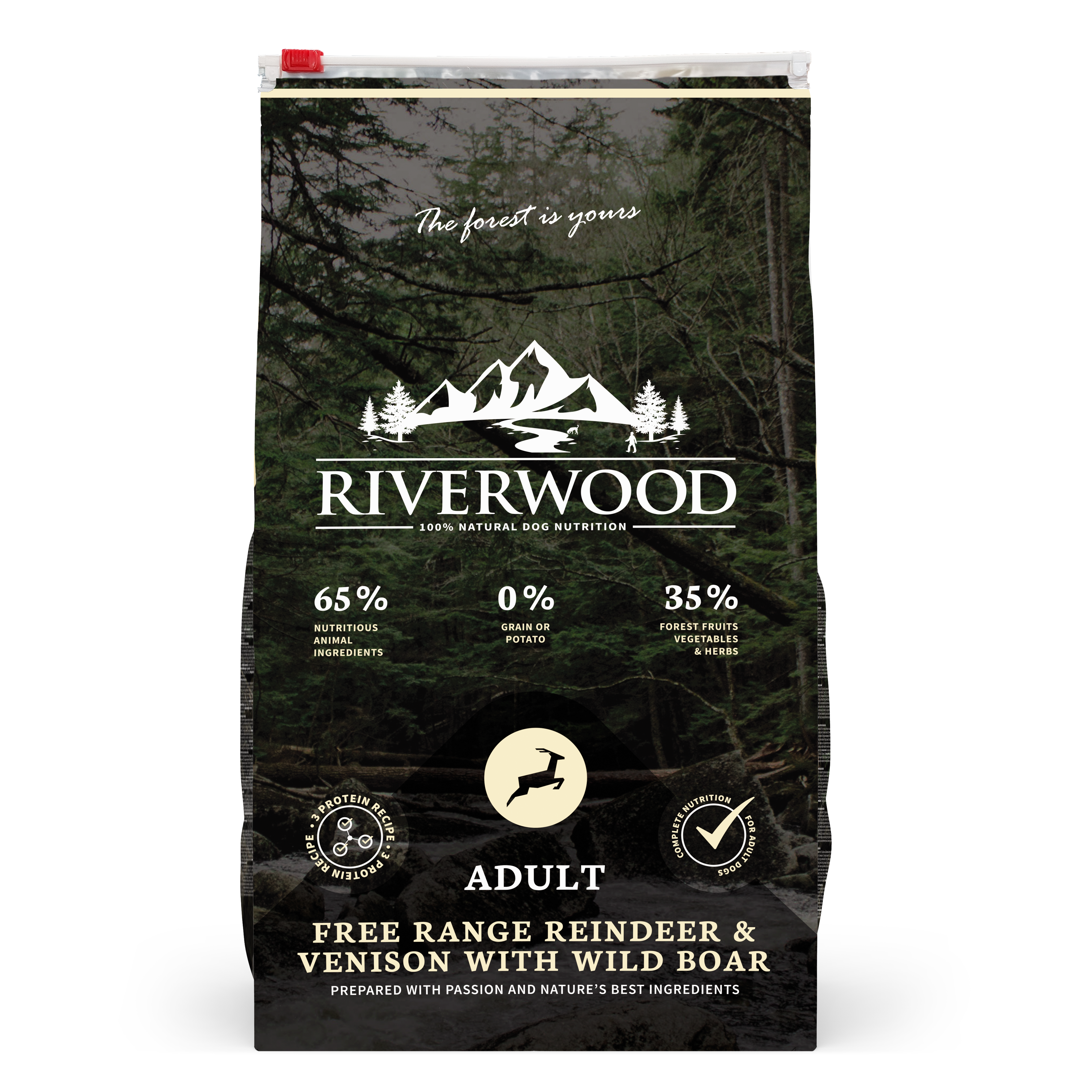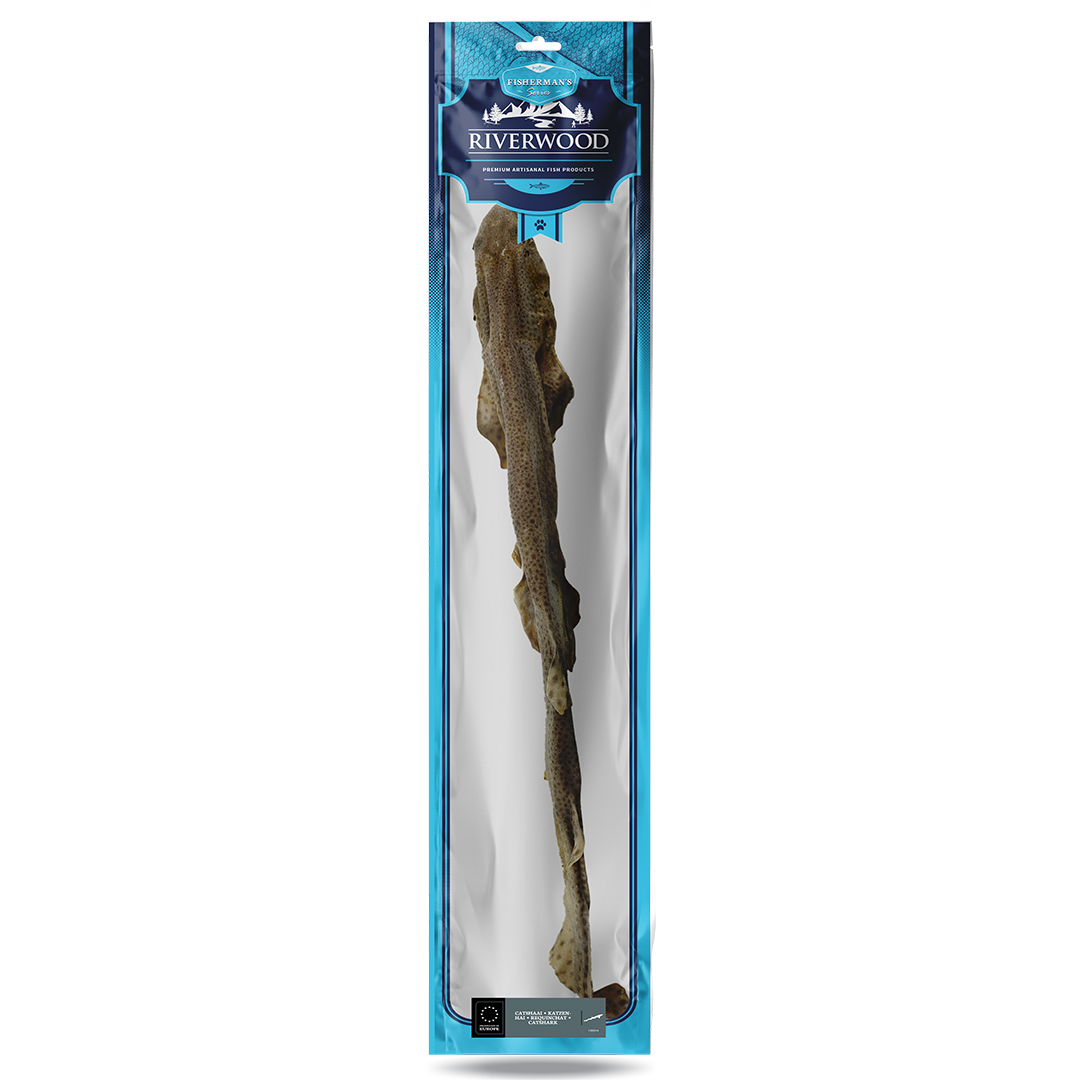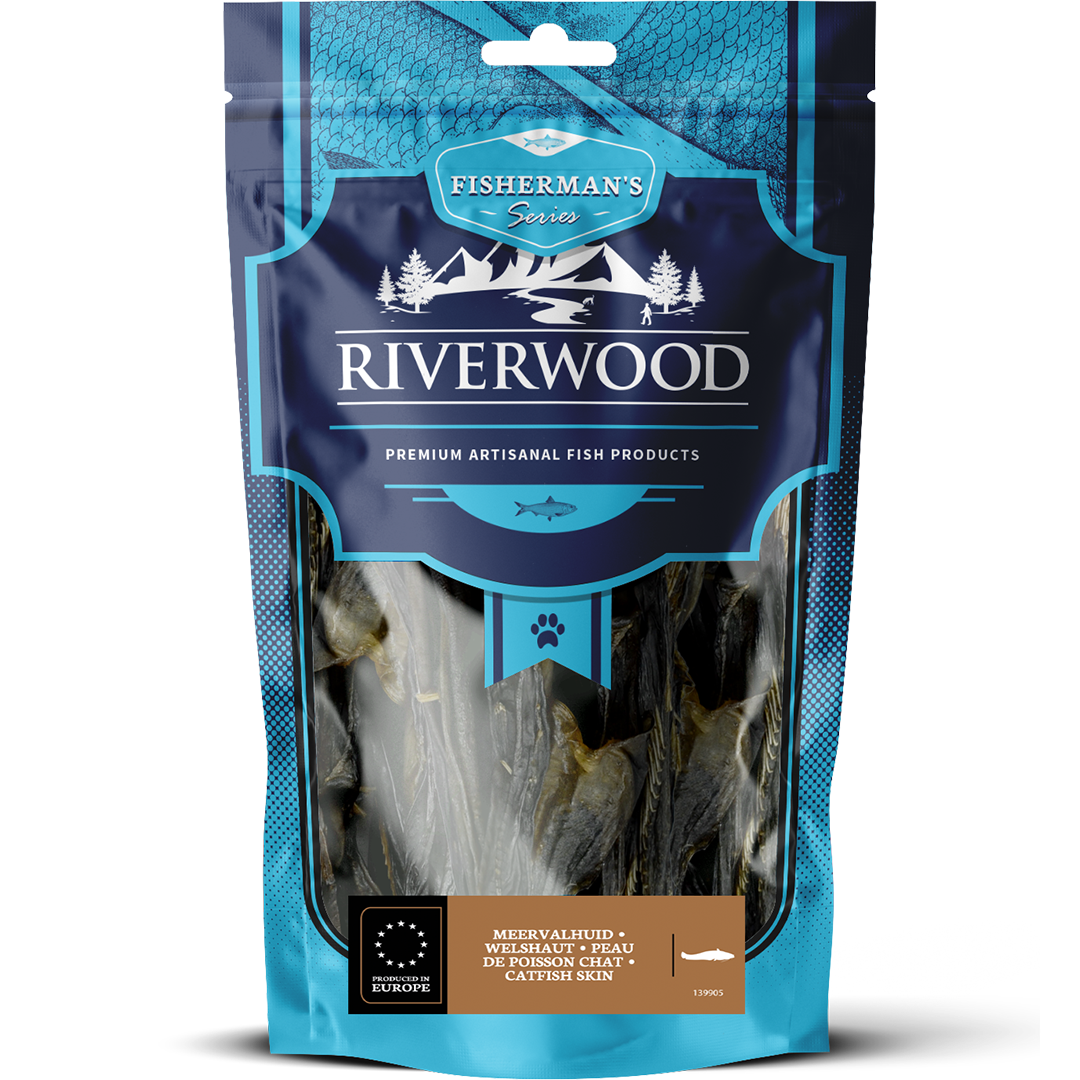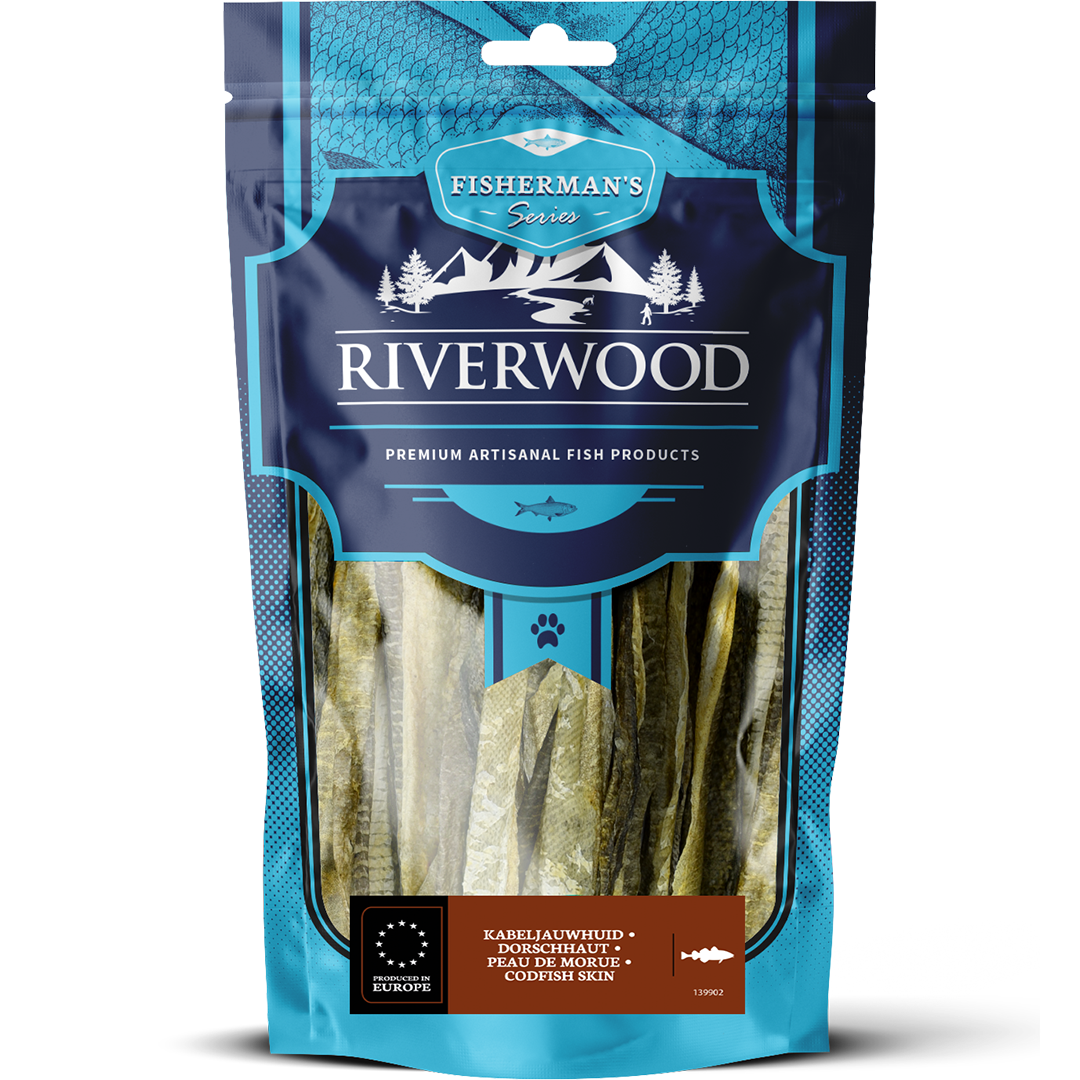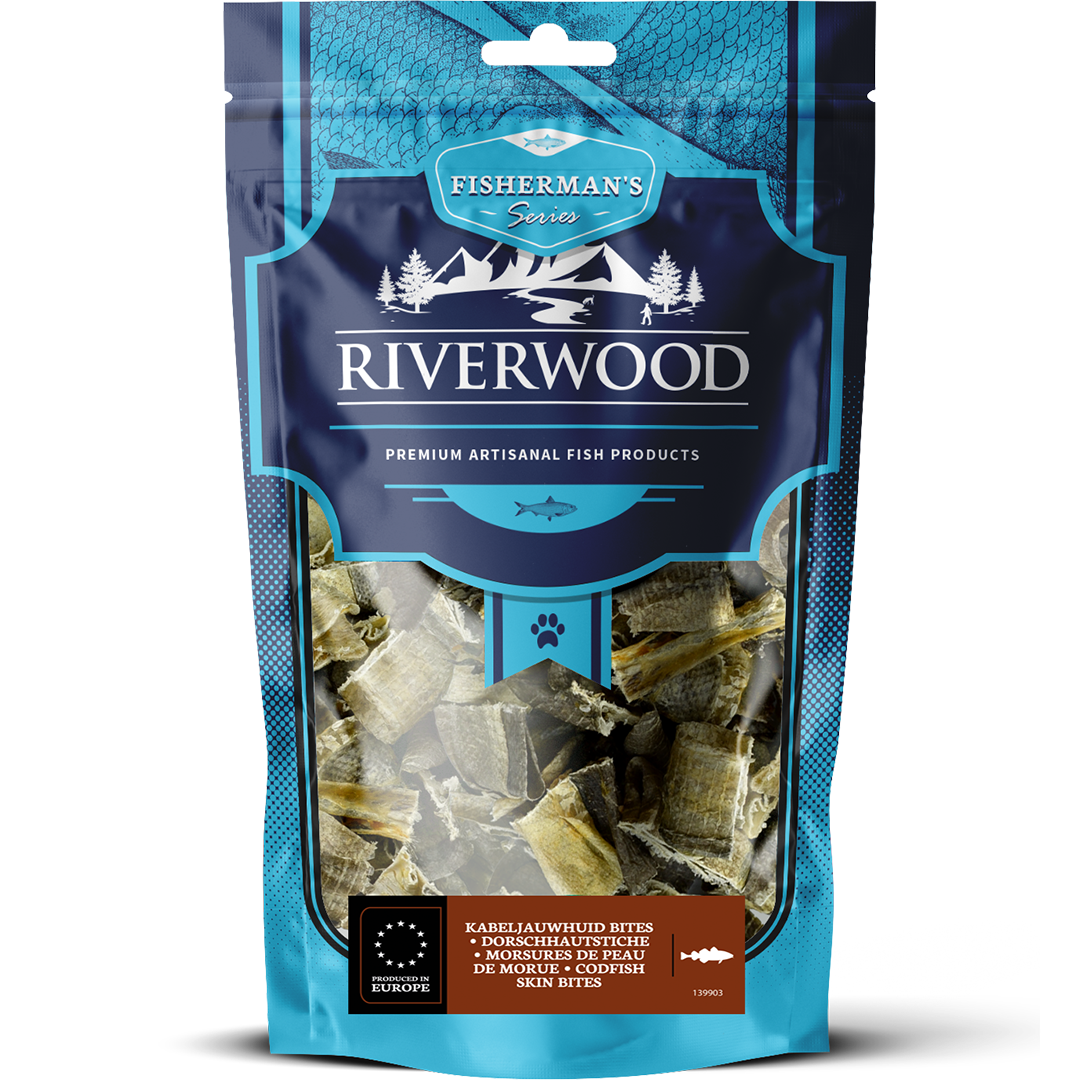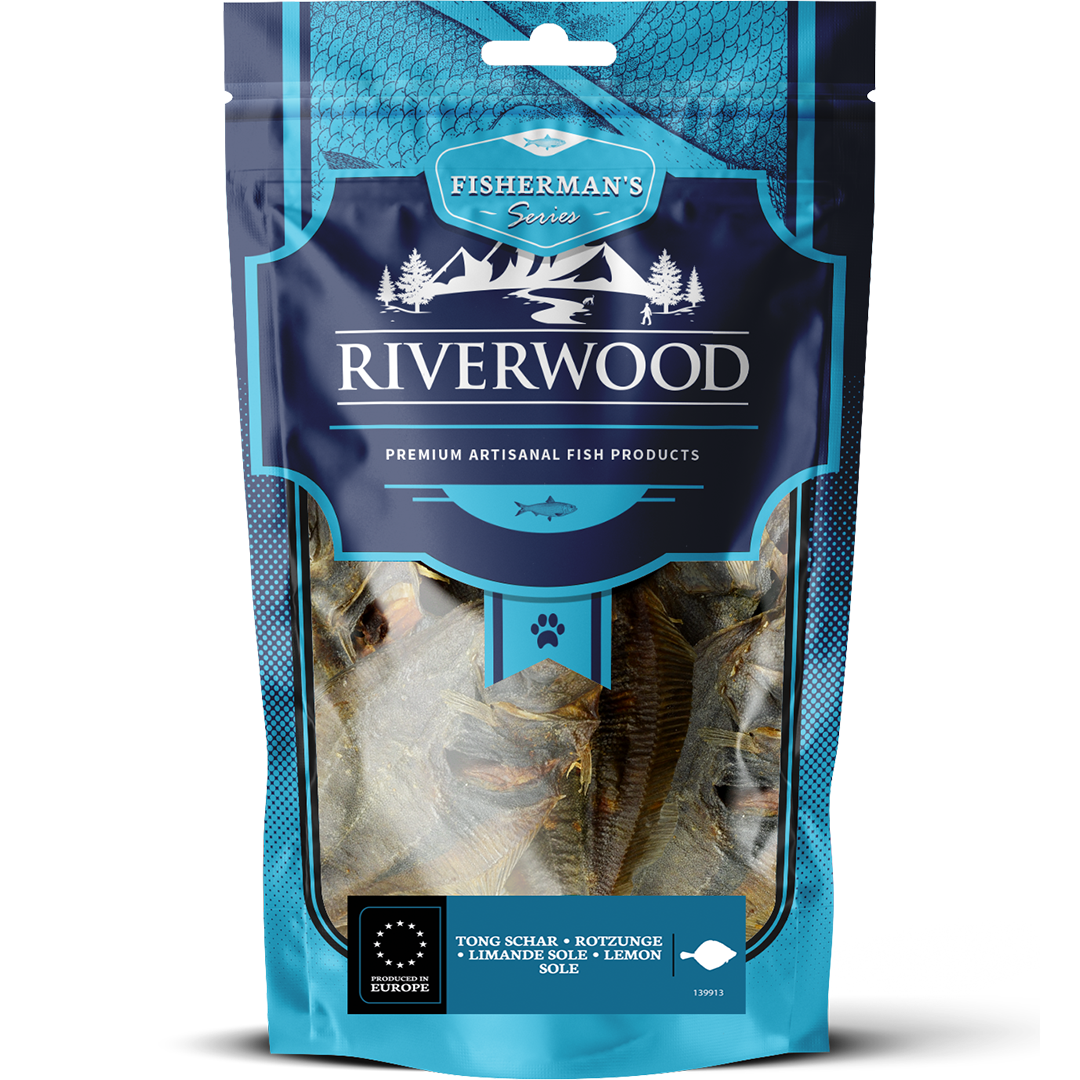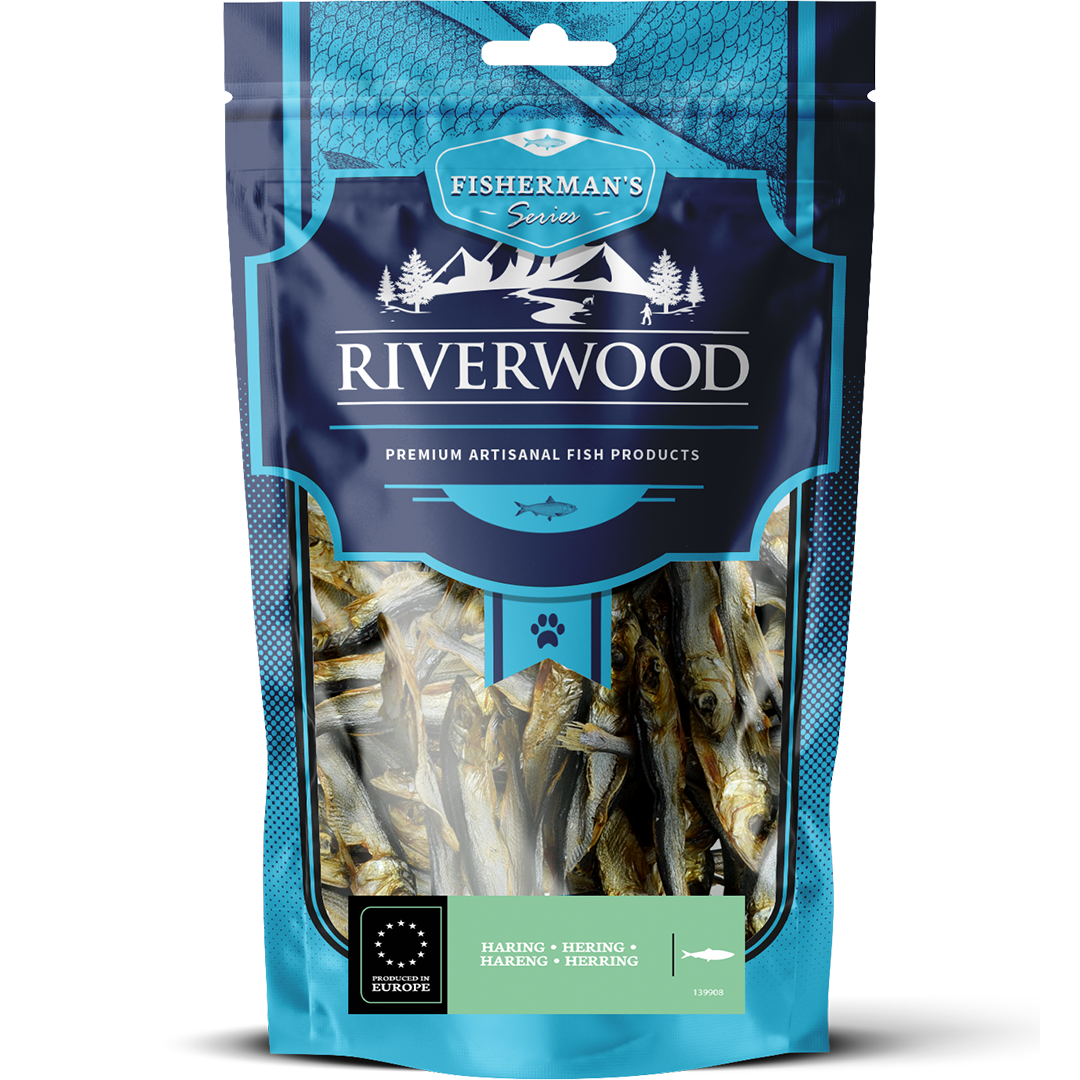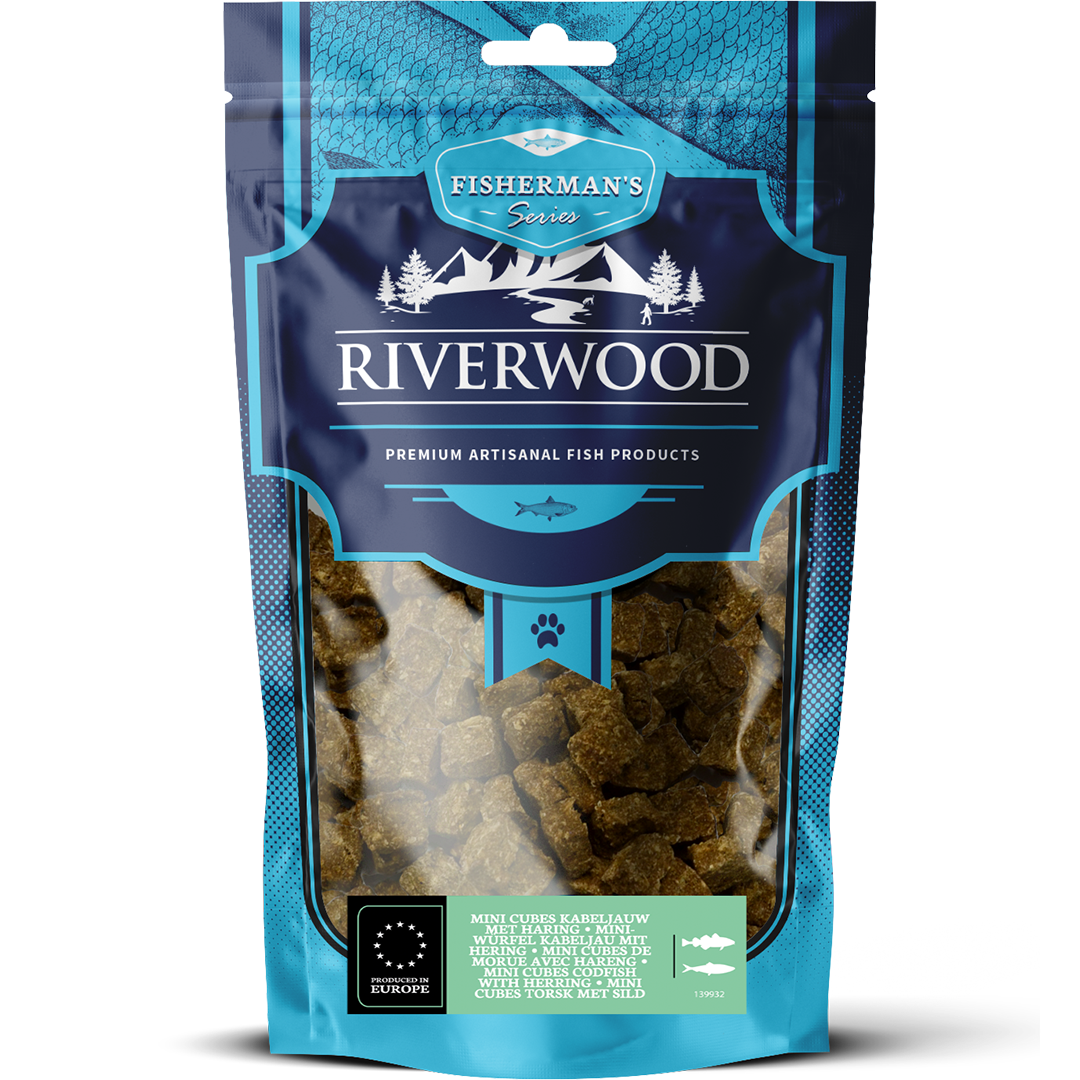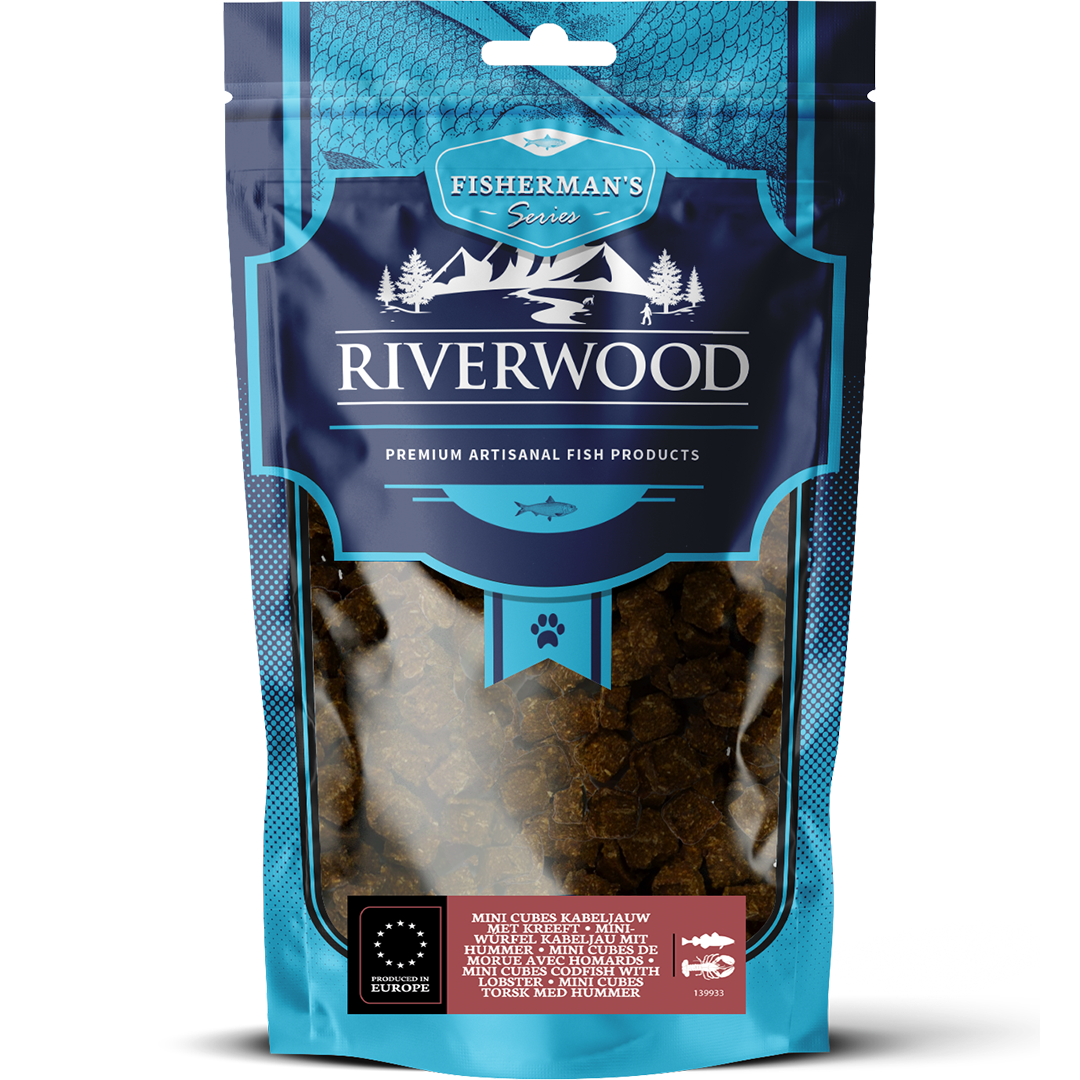
Why does my dog scratch? The most common causes of skin and coat problems at a glance

Symptoms of skin and coat problems
Itching is, among other things, a symptom of an allergic reaction or skin condition. A dog that scratches excessively is obviously noticeable, but there are other symptoms that indicate skin and coat problems. Does your dog have bald patches, scaly, red or irritated skin? Does he/she shed excessively? Does he/she have thick, oily skin? Or does your dog's coat not smell fresh? These are all examples of skin and coat problems that could indicate that your dog is (literally) uncomfortable in his/her skin. It is important to find out exactly what is causing your dog's itchiness to prevent worse.
Most common causes of itching in dogs
Unfortunately, itching is a common symptom found in many conditions. It is incredibly difficult to figure out exactly why your dog is itching. Below we list the most common causes of skin and coat problems in dogs for you:
Moulting
Dogs that are shedding can show many itchy symptoms. Loose hairs stuck in your four-legged friend's coat can become itchy and this causes itching. Make sure that you brush your dog regularly in the shedding period and take him/her to a groomer in a timely manner.
Fleas
When a dog scratches and bites itself excessively, it is often checked to see if the dog has fleas. Just one flea bite can cause an awful lot of itching in your four-legged friend. Places where fleas like to nest in a dog are near the ears, on the back, in the inner thighs and on the belly. Fleas are treatable, but they are persistent. It is important not only to treat the dog itself, but also to thoroughly clean the environment in which it lives. This is because only 5% of fleas are only visible on your pet, the other 95% are in the environment in the form of eggs, for example.
Mites, fungi and other (bacterial) infections
Does your dog have bald spots, dander and/or itching and is this not clearly caused by moulting or pests? Then have your dog checked at the vet for mites, fungi and other (bacterial) infections. By having a skin scraping taken, a veterinarian can see more specifically what type of skin infection your dog has and formulate an appropriate treatment plan accordingly. Not every skin infection is treated the same way, but often an infection can be resolved with a specially prescribed shampoo or ointment that is supplemented with a course of antibiotics in a worse stage.
Food allergy or intolerance
Another common problem is that dogs can become itchy from food. This is because dogs can develop an intolerance to, for example, certain sources of protein (in most cases these are chicken and beef), dairy products, soy, grains and/or gluten and egg. In addition to itching, gastrointestinal problems are also symptoms of a food allergy or intolerance. Good nutrition is essential for your dog's healthy skin and coat, and is at least free of preservatives and fragrances, colors and flavors. You can read about what else good food should be bought in this blog.
Even with a food allergy or intolerance, it is difficult to find out exactly what your dog is reacting to. If you have an idea yourself what your dog is reacting to (for example, because he gets a certain food that he scratches or obviously scratches more after getting a snack with a certain protein source), you can follow an elimination diet. This involves avoiding certain protein sources and/or other food allergens in your four-legged friend's daily menu for a period of time. In doing so, also make sure that you do not give your dog any snacks that contain these food allergens. When switching to a different food, it is important to be patient. It takes about six to eight weeks for a dog's gastrointestinal system to get used to the new food and you will see results.
In an elimination diet, it is important to feed hypoallergenic foods. Fish-based hypoallergenic foods are often chosen in cases of skin and coat problems. Fish-based foods contain high levels of Omega-3 fatty acids, which are important for the overall health of your four-legged friend but also contribute to a healthy skin and coat. The Riverwood Adult Salmon & Whitefish with Herring variety consists of three unique, hypoallergenic sources of protein that are rich in Omega-3 fatty acids, making it an excellent food for dogs with skin and coat problems. Want to spoil your dog responsibly? Then check out Riverwood's range of hypoallergenic chew snacks here.
Do you have no idea what your dog reacts to? Then it is advisable to visit a veterinarian. A veterinarian can take blood from your dog and use it to perform an allergy screening. Based on the results of the allergy screening, you can choose a food that is free of the allergens your dog reacts to.
Environmental allergy/atopy
In addition to the above causes, it is also possible that a dog has a hypersensitivity to substances in the air. This is also known as an environmental allergy or atopy. This often manifests itself in dogs in the form of itching under the paws or on the head. In many cases, this hypersensitivity is seasonal and can be compared to hay fever, as we humans know it. For example, dogs may react to certain trees, plants, thistles, or grasses. It is even possible for a dog to be hypersensitive to dust mites. Symptoms associated with environmental allergies/atopy usually develop in dogs at a young age.
In the case of an environmental allergy/atopy, a veterinarian can also take blood from your dog and perform an allergy screening. Unfortunately, a dog cannot be cured of an environmental allergy/atopy. Treatment is possible, but the aim of this treatment is to control the symptoms so that the dog can have as itch-free and pleasant a life as possible. One example of treatment is immunotherapy, also known as desensitization. This involves administering controlled amounts of allergens to the dog over a longer period of time in order to slowly accustom the dog's immune system to the substances. In this way, the dog eventually becomes less sensitive.
Can itching always be resolved?
There are countless reasons why a dog might scratch or have skin and coat problems. It can therefore be a huge puzzle to determine the real cause of itching. Fortunately, there is almost always a solution to at least control itching or even resolve it completely. However, keep in mind that identifying the cause of itching can be a long process that can take a lot of time, effort, and money. If you can't figure it out yourself or have doubts, always consult a veterinarian. After all, they are the only ones who can make a medical diagnosis and provide treatment.
Many dogs already enjoy Riverwood every day. Would you like your dog to enjoy our delicious food too, and are you curious about which variety would suit your dog best? Answer a few questions here and order an affordable trial pack right away.

